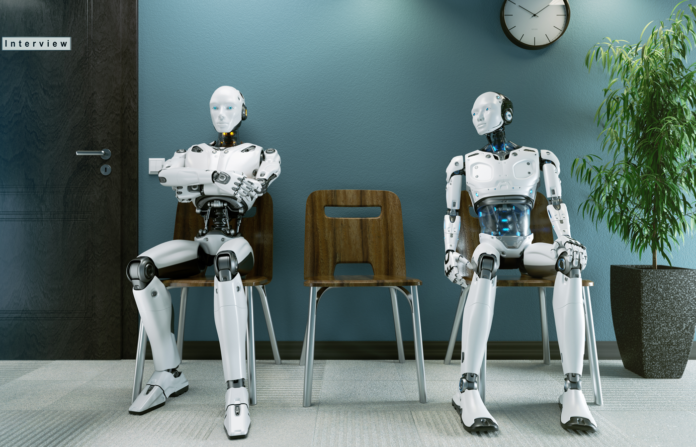Virtual AI Employees Could Join Workforce Within a Year
Anthropic predicts AI-powered virtual employees may become a reality within a year, despite unresolved security and ethical challenges.

eWEEK content and product recommendations are editorially independent. We may make money when you click on links to our partners. Learn More.
The Rise of Agentic AI
Anthropic's Chief Information Security Officer, Jason Clinton, told Axios that AI-powered virtual employees could enter the workforce within a year. While the technology is advancing rapidly, Clinton emphasized that significant security challenges must be addressed before fully autonomous digital workers become commonplace.
Capabilities of Virtual Employees
Modern AI agents already demonstrate advanced autonomous functions, including:
- Mimicking human behavior
- Taking actions based on events
- Gathering and organizing data
- Making complex decisions
- Interacting with users and systems
Virtual employees would expand these capabilities with:
- Virtual memories
- System login credentials
- Continuous operation without human oversight
Security and Ethical Concerns
Clinton highlighted critical unresolved issues:
- Vulnerability to phishing and hacking
- Appropriate network access levels
- Accountability for errors or malfunctions
"In that world, there are so many problems that we haven't solved yet from a security perspective," Clinton warned.
Emerging Solutions and Challenges
Cybersecurity firms are developing AI governance tools to manage non-human entities in workplaces. However, broader questions remain about:
- Workforce displacement
- Algorithmic bias
- Legal frameworks for digital workers
A recent eWeek article explored how humans might adapt if AI dominates the workforce, underscoring the societal implications of this technological shift.
The Road Ahead
While the prospect of virtual employees offers efficiency gains, Anthropic's warning suggests businesses and policymakers must address security and ethical concerns before widespread adoption. The next year may prove decisive in determining whether AI workers transition from experimental tools to mainstream colleagues.
Related News
AWS extends Bedrock AgentCore Gateway to unify MCP servers for AI agents
AWS announces expanded Amazon Bedrock AgentCore Gateway support for MCP servers, enabling centralized management of AI agent tools across organizations.
CEOs Must Prioritize AI Investment Amid Rapid Change
Forward-thinking CEOs are focusing on AI investment, agile operations, and strategic growth to navigate disruption and lead competitively.
About the Author

Michael Rodriguez
AI Technology Journalist
Veteran technology journalist with 12 years of focus on AI industry reporting. Former AI section editor at TechCrunch, now freelance writer contributing in-depth AI industry analysis to renowned media outlets like Wired and The Verge. Has keen insights into AI startups and emerging technology trends.